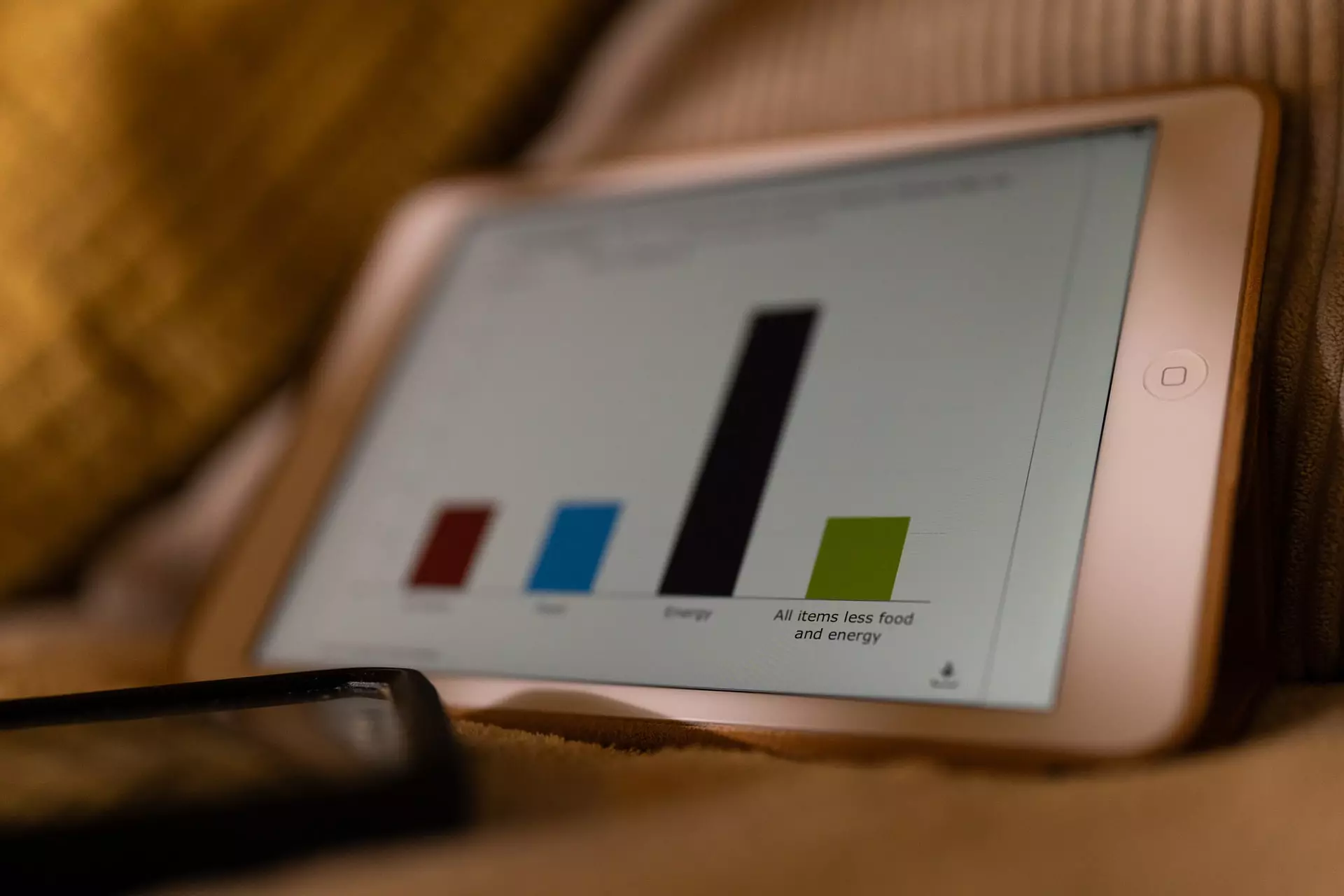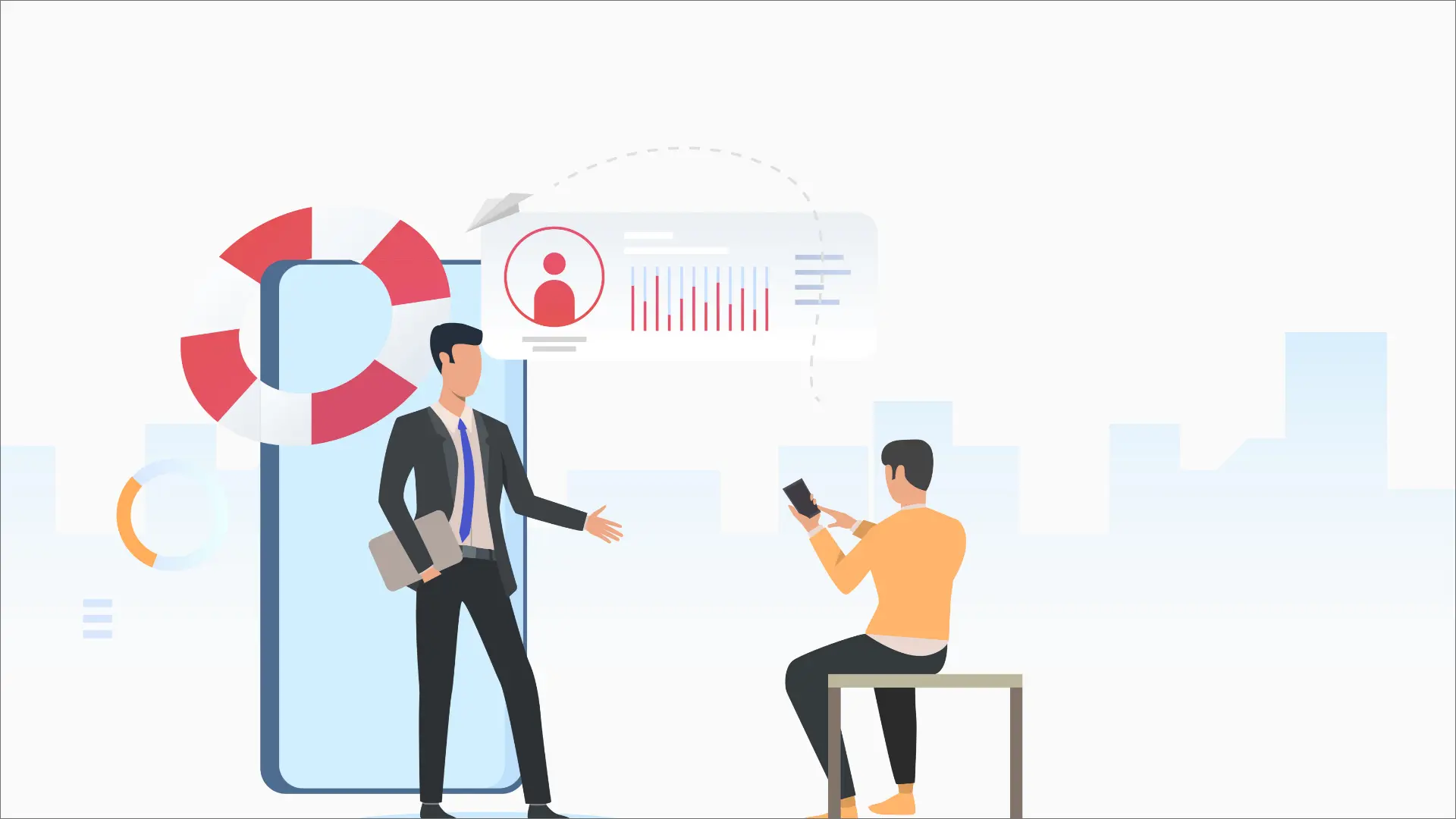Monitoring your expenses is a crucial component of good business management and can save you a lot of money in the long run. By keeping track of your spending, you can make adjustments to ensure that your business is as profitable as possible. Because no one is in the business of merely breaking even. Instead, the goal is to make a profit. There are several ways to go about monitoring your business expenses.
Ways to Monitoring Your Business Expense
1. Open Business Financial Accounts
One way to keep track of your business expenses is to open separate business financial accounts. This might include a checking account, savings account, and credit card. As a business owner, you may find that the line between your personal and business finances is pretty blurry. Come tax time, you will be glad you kept your finances separate. This will make things easier come tax time, but it will also help you get a clear picture of your business expenses. Opening a bank account also helps manage your business funds and can help you keep track of your spending. You can easily see where your money is going and where you need to cut back.
2. Stick to a Schedule
Another way to monitor your expenses is to set a schedule for yourself and stick to it. This might look like sitting down weekly and going over your spending for that week. This will give you a good overview of where your money is going and where you might be able to cut back. If you are consistently spending more than you had planned in a certain area, such as on office supplies, you can adjust your budget accordingly. Alternatively, if you see that you have been underspending in another area, such as marketing, you can increase your budget.
3. Regularly Review Your Credit Card Statements
Another way to keep track of your business expenses is to regularly review your credit card statements. This is especially important if you regularly use your credit card for business expenses. You can catch any fraudulent charges quickly and dispute them as necessary by checking your statements. You can also get a good idea of your spending patterns by looking at your credit card statements. If you see that you are frequently overspending in one particular area, such as on entertainment or dining out, you can adjust your budget accordingly.

4. Keep Receipts and Invoices
Be sure to keep the receipt or invoice whenever you make a business purchase. This will help you keep track of your spending and ensure that you are only spending money on necessary items for your business. If you have a lot of receipts and invoices, you can create a spreadsheet or use a software program to help you keep track of your spending. This can help identify areas where you might be able to save money. You can also use receipts and invoices to prepare tax returns for your business. Having all of your receipts and invoices in one place will make preparing your tax return much easier. When you are in a coaching session with someone, use a Coaching Invoice template and have a reference to your older invoices for tracking.
5. Use Accounting Software
Another helpful way to monitor your business expenses is to use accounting software. This type of software can help you track your income and expenses and give you the ability to generate reports. This can be extremely helpful in getting a clear picture of your business finances. There are several different accounting software programs available, so be sure to research to find one that will work well for your business. Some popular programs include QuickBooks, Xero, and Wave. These programs can help you track your income and expenses and give you the ability to generate reports. This can be extremely helpful in getting a clear picture of your business finances.
6. Hire an Accountant
If you find that monitoring your expenses is more than you can handle on your own, you may want to consider hiring an accountant. An accountant can help you keep track of your finances and ensure that your books are in order. This can be a great way to take the stress out of managing your business finances. While it does require an additional expense, hiring an accountant can be worth it if you have peace of mind knowing that your finances are being managed properly.
7. Get a Transaction Monitoring Tool
A thorough transaction monitoring is one of the most important elements of keeping finances in check. Businesses should have monitoring tools to streamline the process. A dedicated transaction monitoring tool identifies and flags suspicious activities related to business expense abuse and more. Thanks to it, organizations reduce money laundering risks and other fraudulent financial activities.
Use VoIP For Monitoring Your Business Expenses
VoIP assists in monitoring business expenses by offering cost-effective communication solutions. It reduces traditional phone system expenses, especially long-distance calls, contributing to overall cost savings. VoIP systems often come with analytics tools that provide insights into call metrics, helping businesses track communication expenses and identify areas for optimization. This technology allows for more efficient cost management and supports businesses in making informed decisions to control and monitor their communication-related expenditures. Moreover, VoIP offers advanced tools that can help in monitoring employees and different business processes which ultimately helps in managing expenses.
Final Words
Monitoring your business expenses is a crucial component of good business management. By keeping track of your spending, you can make adjustments to ensure that your business is as profitable as possible. There are several different ways to monitor your expenses, so be sure to find the method that works best for you and your business. Whichever method you choose, be sure to stay organized so that you can easily access your records when needed.




